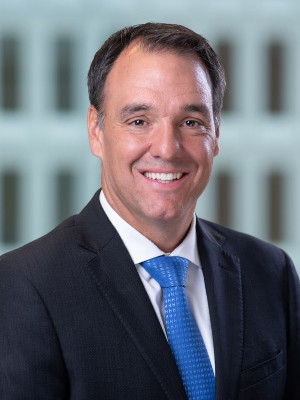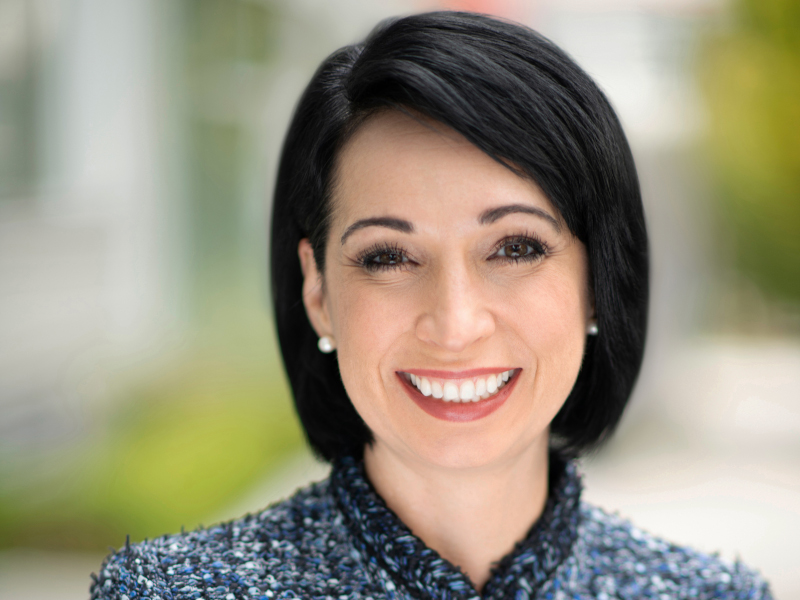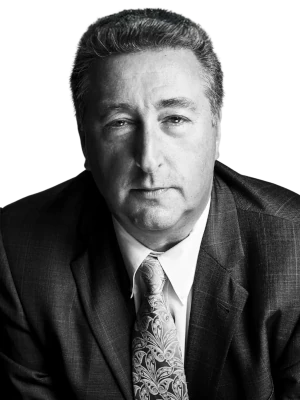Chump change, it’s not. Investing $10 million is a task that no family office would take lightly. After all, the very sum presents a risk, given that a decline in an investment choice would result in material financial pain.
Yet, from a hypothetical view, it’s an interesting mental exercise for family offices—it puts their convictions to the test. Outside of the institutional investing environment, family offices might be the only entities to have such an opportunity, particularly after a business is sold.
While the following should not be considered actionable investment advice, here’s some food for thought about where to invest $10 million today.
Buy land, grow and prosper
Private real estate is rarely a bad choice for investing large sums of money. Yet some deals may have more upside than others. Notably, private farmland could provide the right mix of long-term growth and income for a family office looking to invest $10 million, says Rob Tetrault, senior portfolio manager at Canaccord Genuity Wealth in Winnipeg.

“Farmland is a phenomenal asset class right now because of inflation. There is usually a delay before it hits assets like that,” says the investment advisor, who works with family office clients. “It starts with food costs going up, and that makes its way down through the supply chain.”
What’s more, farmland has a history of providing strong, long-term growth. The most recent Statistics Canada data show that over the past 50 years (1973 to 2023), farmland value per acre has increased about 3,679 per cent, or about 7.53 per cent annualized.
In the U.S., farmland has produced average annual returns of nearly 13 per cent over the past 20 years.
“You can generate strong annual returns similar to equity markets,” Tetrault says, adding that this kind of investment also often yields about 3 to 4 per cent annually, providing steady income. “Only farmland often involves very little volatility by comparison.”
As well, he expects farmland—because of inflation driven by the post-pandemic economy and a loss of arable land due to urbanization and climate change—to perform at the upper end of its historical range.
“You can generate double-digit [percentage] returns with very little volatility, and you have an opportunity in the next market cycle to do significantly better than that.”
Buy a small business … if you can find one
Canadian small businesses are hot commodities and a good place to spend $10 million, says Mark Borkowski, president of Mercantile Mergers & Acquisitions Corp. in Toronto.

“There are private businesses out there that generate a lot of money,” says Borkowski, who brokers deals for Canadian mid-market enterprises.
The challenge is that it’s a poorly kept secret, and Canadian family offices likely need to get in line with a lot of other suitors, including U.S. private equity groups.
In 2019, US$1.1 trillion in dry powder capital was looking for a place to invest, either in private equity or venture capital, according to data from S&P Global. By 2024, that number had increased to about $2.6 trillion.
Borkowski further notes that with $10 million to invest, family offices would find themselves in direct competition with private equity, which means when a deal does come up, they need to be ready to act quickly.
That said, it’s worth the effort given that some of these businesses—especially the ones with aging owners looking for an exit—are generating 20-per-cent annual earnings before interest, depreciation and amortization, he says.
“You need a point person who can respond quickly, sign the NDA [non-disclosure agreement] and get the information,” Borkowski says. “Otherwise, you will lose out.”
Invest closer to home

Many family offices still have operating businesses, and for them, the most natural place to invest $10 million would be in that enterprise, says Carolyn Cole, founder and chief executive officer of Cole & Associates Family Office Strategy and Design based in Vancouver and Toronto.
“Typically, they’d look at this proposition like this: ‘I could take this money and maybe get 8 to 12 per cent annually in the market, or I can get a 20-per-cent-plus return in my operating company.’”
In many respects, they’d rather invest in what they know very well than take on the unknowns of investing in other businesses, says Cole, who helps family offices devise structures and policies to operate more efficiently.
“They see it as less risk, and if they are looking at transacting in five years, why not invest that money in their business and potentially sell it for six to 10 times [return on investment] to that private equity buyer?”
Invest in the policy
Barry Ritholtz, chief investment officer at Ritholtz Wealth Management in New York, frequently “sweeps up the broken glass” of lackluster portfolios, including those of family offices, that are generally missing one key piece.

“The truth is humans suck at this [investing]; we can’t pick stocks and we can’t select good investment managers,” says the author of the upcoming book How Not To Invest: The Ideas, Numbers, and Behaviors That Destroy Wealth – And How to Avoid Them.
“If I tell you to buy X and sell Y, the odds are that I can be wrong more often than being right, and half the time when we’re right, we can’t tell if it’s skill or luck,” he adds.
Having a formal investment policy statement forces large investors like family offices to stick to a risk-adjusted plan tailored to their needs. “If you don’t have that, all you’re doing is throwing darts, and we know how that works out.”
Ritholtz says that when faced with the challenge of investing $10 million, it’s just a matter of allocating across the portfolio of assets according to the investment policy statement.
“It doesn’t matter if $1 billion drops on your lap,” he adds. “You just put it to work driven by your plan.”
The Canadian Family Offices newsletter comes out on Sundays and Wednesdays. If you are interested in stories about Canadian enterprising families, family offices and the professionals who work with them, but like your content aggregated, you can sign up for our free newsletter here.
Please visit here to see information about our standards of journalistic excellence.



